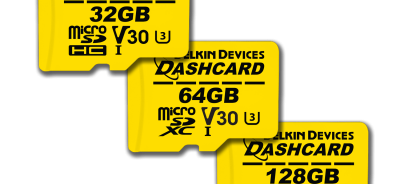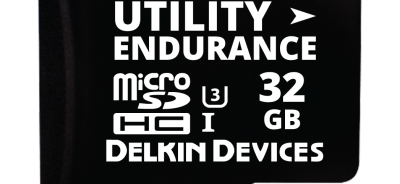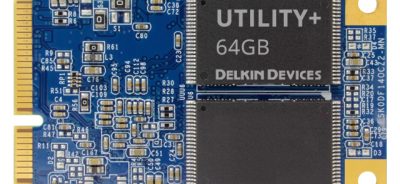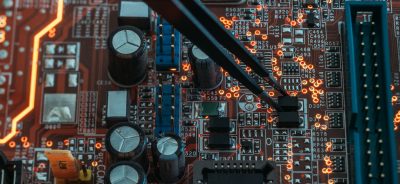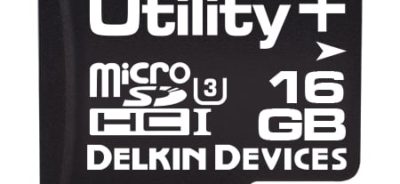Encrypted SSD Explained
If you are storing sensitive data, or even if you just want the knowledge that your information is private, then an encrypted SSD could be the right solution. Encrypted SSD makes your info unintelligible to anyone who doesn’t have the proper security clearance to view it. There are several different types of encryption used in SSDs, but the final outcome of each is the same: outside users will find it very different to access your important data.
Data Encryption 101
Although it is available in different formats, data encryption does a single thing: it translates your data into something that cannot be read by someone who doesn’t have the right clearance to do so. Once encrypted, the information is unintelligible until a decryption key—and, in some cases, a password—is used to decrypt it. The encryption may be performed asymmetrically, which means that the key to perform the encryption may be publicly available, but a private key is necessary to perform the decryption. Banks use public keys to allow safe data transfers between phone apps and their systems. With symmetric encryption, private keys are used for both encryption and decryption, and each device involved in sending and receiving must have the same key.
Encrypted SSDs and Data Security
Solid state drives, or SSDs, have replaced hard disk drives as the preferred drive format because they provide reliable storage that works faster and lasts longer. Despite the long list of benefits of SSDs, a lingering concern that many people have had about them is that encrypting and erasing data could be more difficult than with hard disk drives. However, most SSDs now come with hardware encryption technology called Advanced Encryption Standard, or AES. AES is a symmetrical key encryption model that encrypts data in 128-, 192-, or 256-bit blocks, depending on the AES model chosen.
Software vs. Hardware Encryption
Although software encryption is available, AES—hardware encryption—has become the preferred method because of its performance. Software encryption slows down the operation of SSDs, while hardware encryption does not. Since speed is one of the key benefits of SSDs, particularly in industrial applications, AES is popular among OEMs.
Delkin understands the needs for data security for industrial users and can help you select an encrypted SSD that meets your needs for security without sacrificing capacity, speed, or reliability. Reach out to our product team today to discuss your needs and to learn more about embedded storage solutions.
 Login
Login Register
Register



